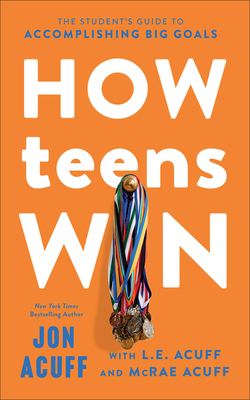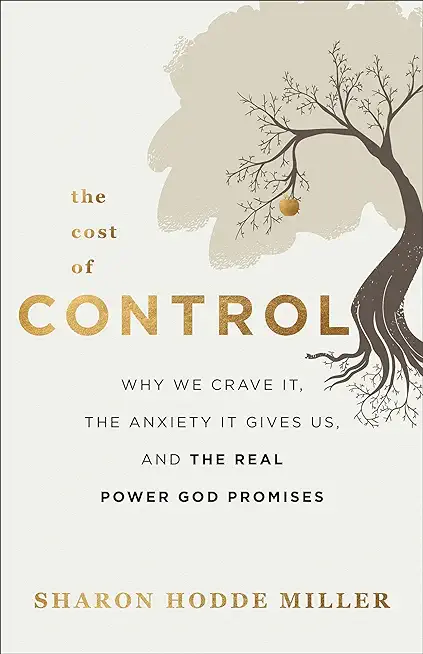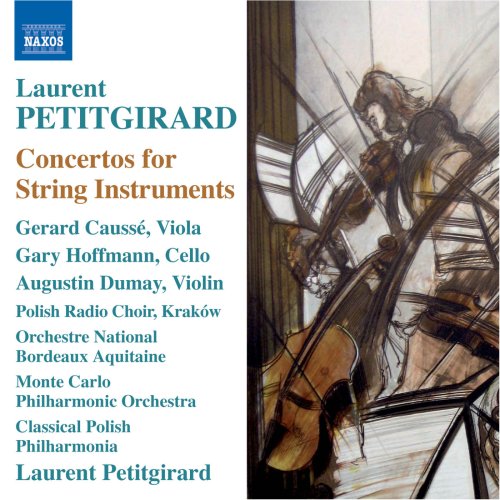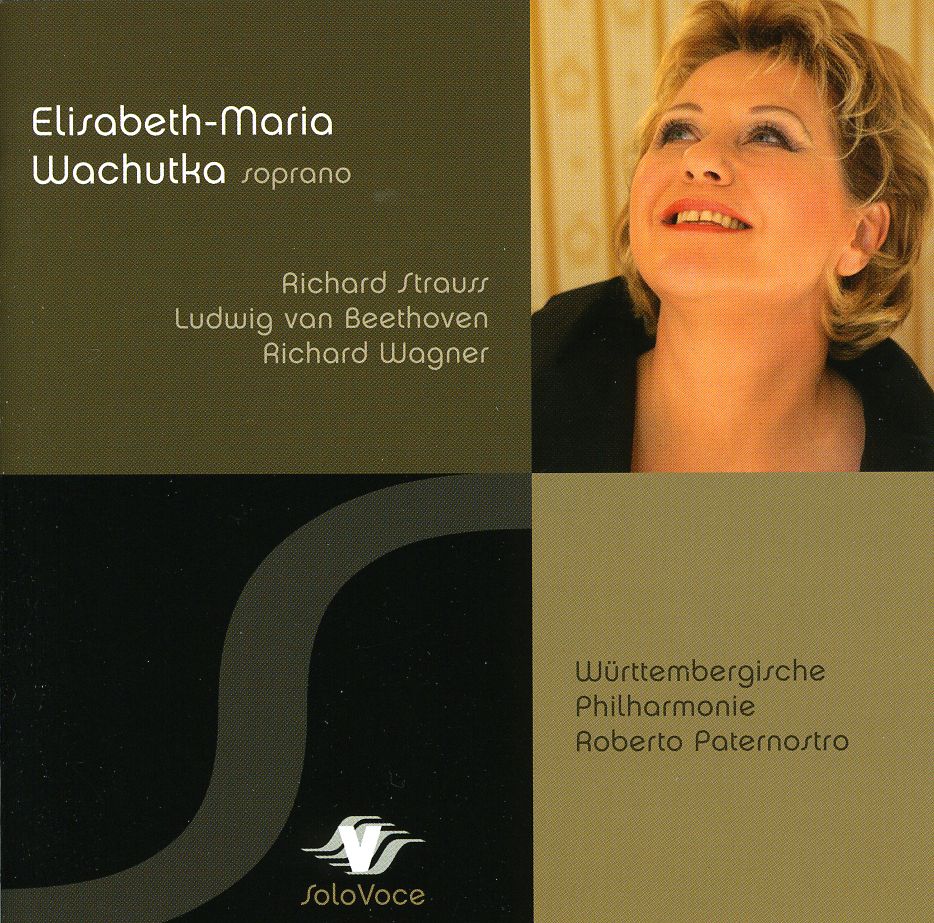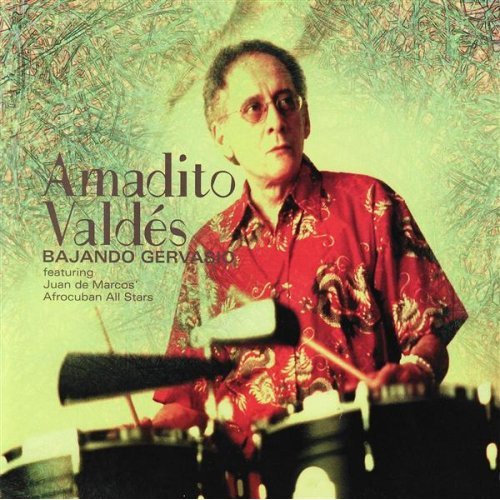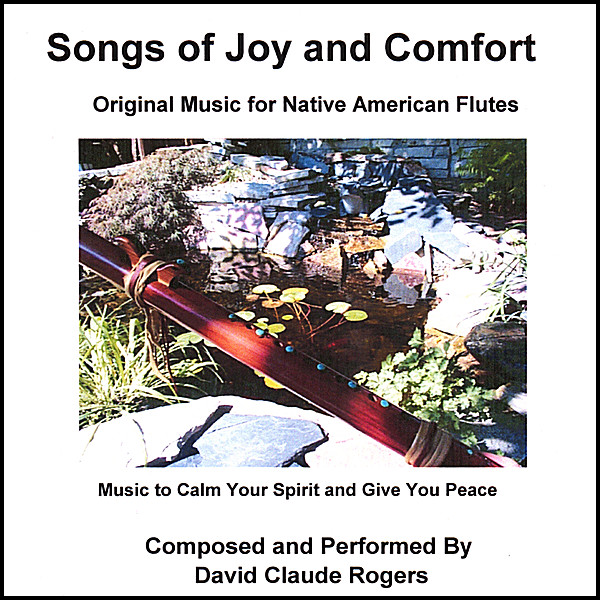
description
8In this compilation of 58 short (10-line) poems, the poet skillfully describes those qualities of heart, mind and action that characterize the awakening of "the Feminine" within the human person. As the Feminine is awakened in both man and woman, the "Mother Spirit" emerges in each one, highlighted by a display of nurturing, kindness, gentleness, generosity, cooperation, and forgiveness of self and others. The Way of the Wise Woman is a catalog of such "Feminine" virtues and behaviors and a series of contemplations to be studied, prayed and enjoyed for their poetic beauty. Not a book for women only In fact this is a book for all weary pilgrims on the Path of spirit, particularly those who lament that, after long years of hard work or practice the "breakthrough" still eludes. Both women and men are imprisoned by a judgmental "god" of righteousness and vengeance leading to a hardness of heart. The Way of the Wise Woman is dedicated to liberating its readers from this inner tyranny. As a training-manual of sorts, the poems are far from sweet whisperings, however. The Feminine, as the poet proclaims, is also fierce, strong, ruthlessly honest, and confrontive as well as supportive. This collection may well serve to guide the seeker in self-examination as the poems encourage a refined vision of "what is," of "what is possible," and a growing sense of the presence and attention needed to enter the halls of wisdom. Such training as the book presents seems critical in a social and political climate distinguished by a tragic dissociation from the heart and a growing alienation from the mother-wisdom of the earth. No other book of poetry in the American canon undertakes to describe this process in poetic form. The effect of reading these individual sutras (as the poet calls them) is cumulative, and the book as a whole is ideal material for a contemplative study group or prayer or circle. The author writes from long personal study and experience. His years of discipleship within religious schools of esoteric knowledge, allows him to share what has been gained and lost from following a Path. The inner struggles of this type of work on self are rendered with raw precision, while being beautifully delineated in these poems. Any reader will benefit from the fruits of understanding the poet has gained from these struggles.
member goods
No member items were found under this heading.
Return Policy
All sales are final
Shipping
No special shipping considerations available.
Shipping fees determined at checkout.


